With the upcoming release of our
Robert E Howard (REH) art compendium (available on Kickstarter), I could not help but ruminate upon that Texan’s
influence on my early life, one of my abiding hobbies, and a source for, don’t
laugh, understanding the world. As the creator of the iconic barbarian Conan,
REH’s influences stretch further than just myself and other fans. His impact on
popular culture, literature, movies, gaming, role-playing games, and even art
can be seen every single day if one cares to look.
This fascination began in what
must have been the summer of 1973. Every summer the whole family visited kith
and kin in southern Arkansas. Nearby by grandmother’s house was a Piggly Wiggly
with a five and dime pharmacy attached. I meandered by one afternoon on my way
to get an ice cream cone and there, just beyond the window, was a comic book
rack. I stole inside instead of going to get ice cream.
Never having had purchased a comic
book, I quickly thumbed through them searching for something appealing. The
cover of Conan the Barbarian grabbed me (at 9, how could it not). I went home and read it.
Entranced I raced back looking for more Conan comics. None were to be had but
on a book stand, just behind the comics was a paperback boasting the title, Conan
the Cimmerian. I thumbed through it and one story transfigured me, “Queen
of the Black Coast.” I bought the book, raced home, locked myself in a room,
and devoured the book overnight. Since that time, I have gone on to read most
everything REH ever wrote, collected all comics associated with his name, and
have gladly sat through several Conan movies.
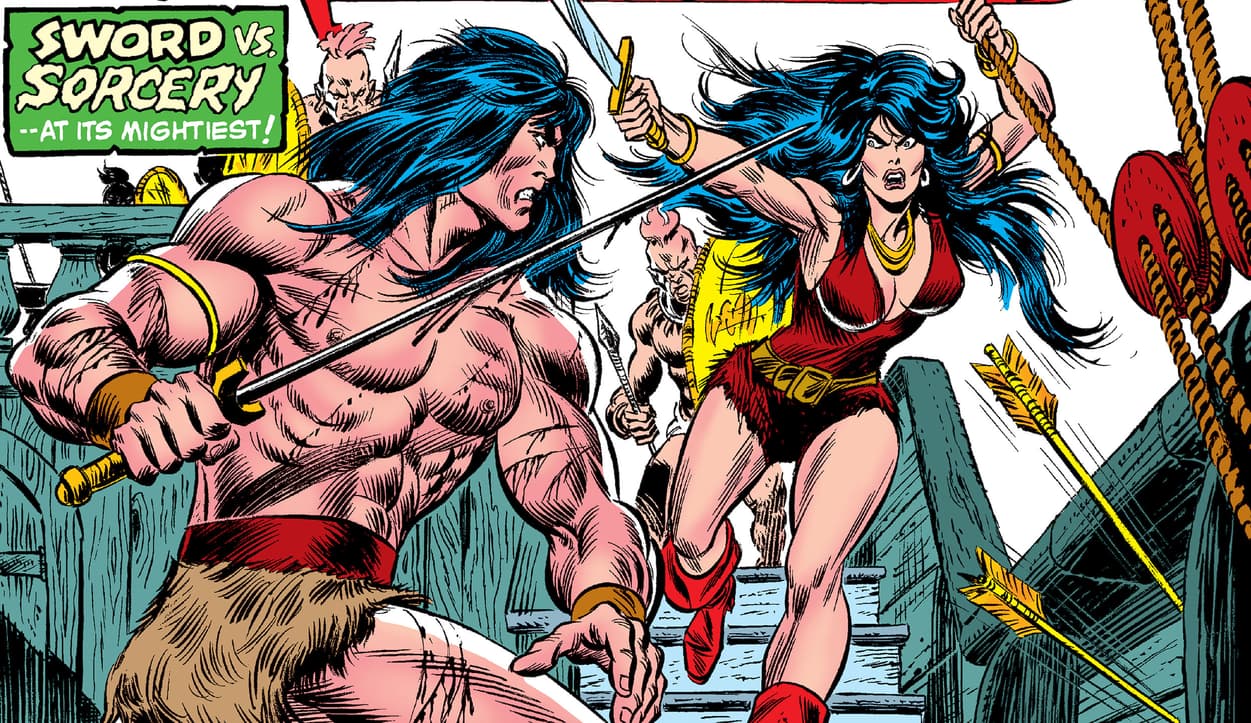
Howard was part of a whole clutch
of authors in the 1920s and 1930s who wrote pulp fiction for a variety of publications.
Along with others, REH created and then cemented a specific type of pulp in the
American literary landscape – sword and sorcery. The popularity of Conan, Kull,
Bran Mak Morn, Solomon Kane, and others paved the way for other writers to set
pen to paper and produce a staggering amount of sword and sorcery stories over
the decades following REH’s death.
With the popularity of Conan came
a whole host of authors producing or mimicking the same type of stories. The
popularity of these stories laid the foundations for other types of literature
to include Tolkien. Tolkien's popularity would unlikely to have exploded during
the 1960s were it not for the groundwork done by REH and other writers of that
genre.
For the year after buying that
first comic, I collected and bought everything Conan related that I could find;
t-shirts, other comics, posters, books, and anything else in the offing. The
summer after that purchase, Steve and I were gifted those ubiquitous little
brown boxes containing the first role-playing game, Dungeons and Dragons. At
first the boxes did not garner much attention. There were no stories and the
art was not near as cool as that in the comics or that graced the cover of the
books, and most especially, the Savage Sword of Conan. By the end of the
summer, that changed.
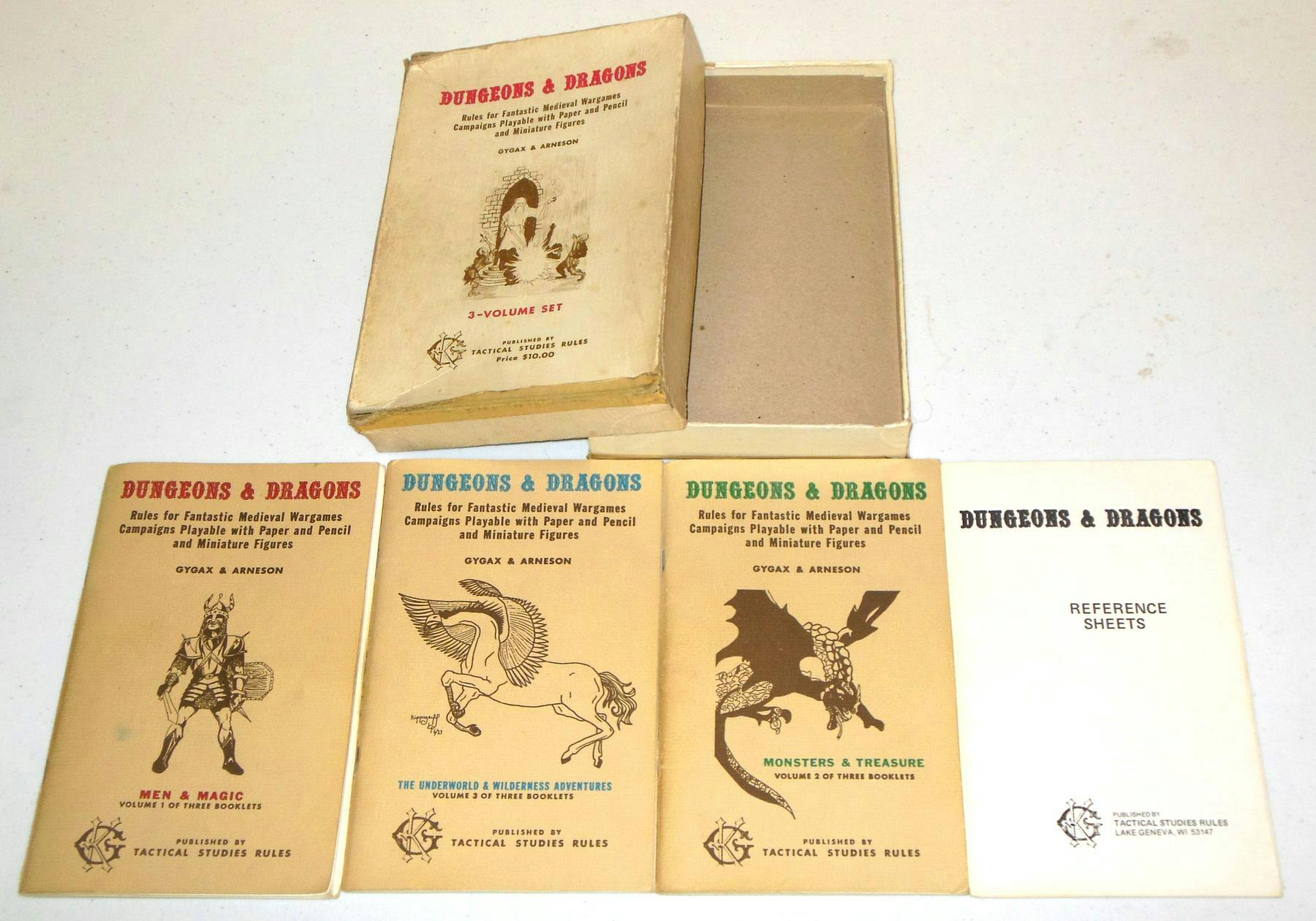
At some point, while perusing
those little brown books, the game started to make sense. In a rush, I grabbed
my brother and started a game. Not really knowing the rules, I drove on and
tried to replicate a Conan adventure. My brother Steve was having none of that.
His favored books were by Edgar Rice Burroughs with Tarzan being by far his
favorite character. Looking back on those early games, the clash of ideas was
interesting to say the least. They were also enervating.
Steve and I both started playing
‘The Game’ and never looked back. To say that the Conan stories and Howard
influenced the manner in which I play, design, and write Castles and Crusades
material would be an understatement. The clash of the civilized and the
uncivilized is almost always the underpinning of all my setting material with
the uncivilized often being the more noble, good, and powerful.
I owe a thank you to Robert E.
Howard for creating Conan and opening up the window to a world I may otherwise
have never seen. Perhaps we all do. Even if you have not read nor even like his
works, he did plow that field and fertilized it. Others planted that field and
all about us are the products of their furtive imaginations. Through
role-playing we are all planting in that field and glorious are the sights I
behold.


:format(webp)/cdn.vox-cdn.com/uploads/chorus_image/image/69508926/1325643860.5.jpg)

.jpg)

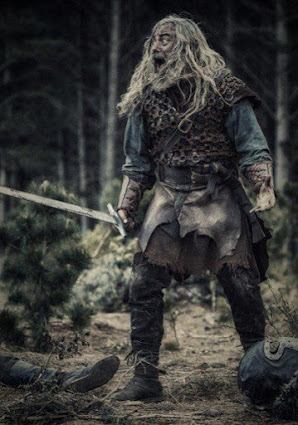
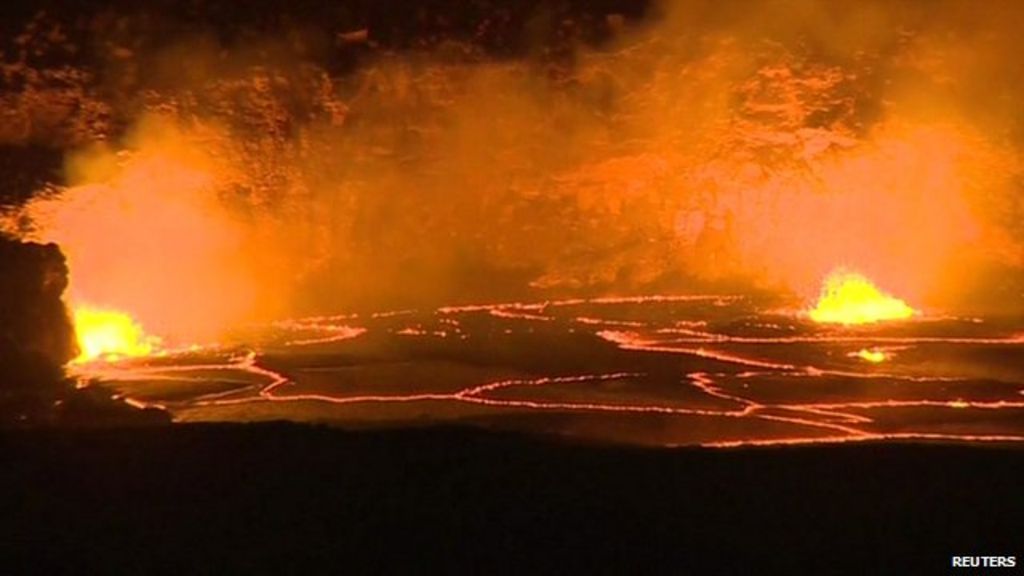

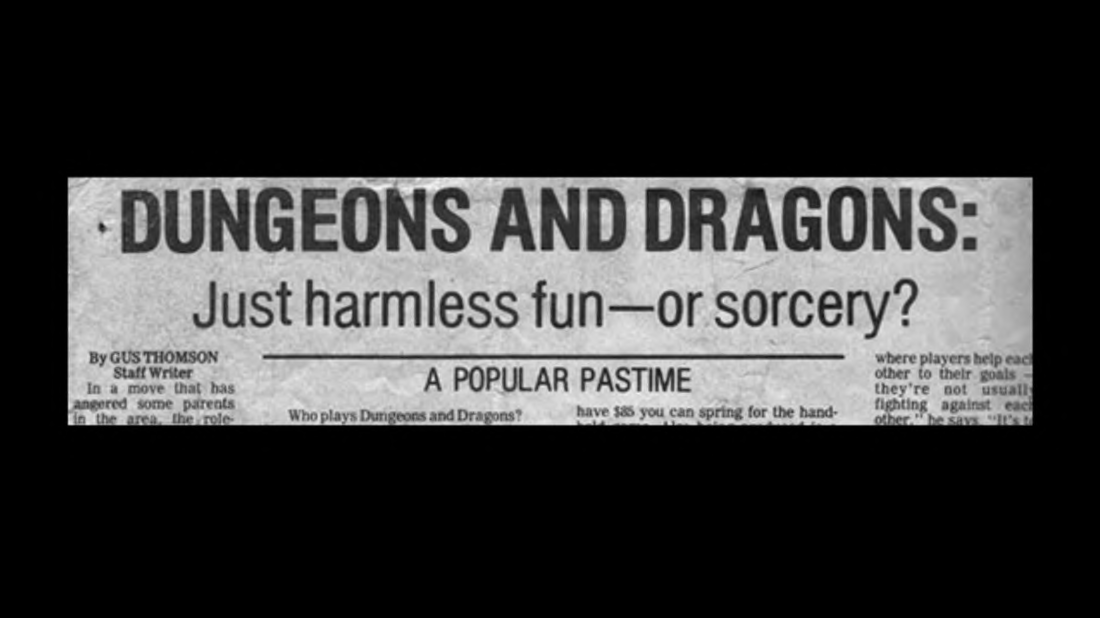














.png)